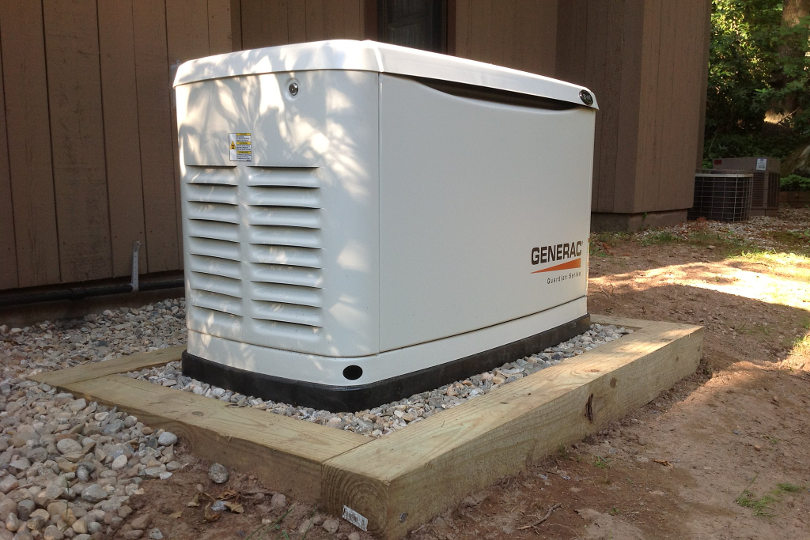Diesel generators are commonly used in industrial applications as backup power sources or off-the-grid power systems. However, they have their pros and cons relative to alternatives like gasoline generators and natural gas generators.

The Advantages of Diesel Generators
Diesel generators require far less maintenance than gasoline powered generators. For example, there are no spark plugs to replace. There are no carburetors to clean or fix, either. The only tasks you need to do include refueling it, changing the oil and replacing the air filters. You’d have to do that with a gasoline generator, too. Diesel generators require less maintenance than the average natural gas powered generator, too.
Diesel generators are a better overall value. They can last up to three times as long as gasoline generators. That’s a major point in their favor if you’re running it for an off-the-grid application or continually running it to provide power for power tools at the construction site.
Diesel generators are safer than gasoline generators. For example, the lack of spark plugs eliminates a major ignition risk found with gasoline generators. However, that’s not the only reason. For example, diesel fuel contains more energy per liter. This means you need less diesel fuel to run the generator for an hour or a week, so there’s less of it around if you’ve stocked up. This means there is less fuel that could catch fire and explode, and there is less opportunity for a fuel spill because there are fewer containers of it lying around.
A side benefit of using diesel generators is the fact that you won’t have to transport as much fuel to site to keep the generator running.
The Disadvantages of Diesel Generators
Diesel generators cost more than gasoline generators, though this is partially due to the fact that the average diesel generator has a greater power generating capacity. This makes gasoline generators a better choice for backup emergency power sources, when all other things are equal.
Diesel fuel prices can fluctuate as wildly as gasoline prices, making operating costs highly variable. Diesel fuel isn’t as easy to get as gasoline, either.
Diesel generators are louder than gasoline generators. And not all of them has a sound-dampening protective shell over them.

Observations about Diesel Generators
Diesel fuel generators are more efficient than generators that run on gasoline. They’re up to fifty percent more efficient. This offsets the higher price for diesel fuel.
Diesel generators are often smaller than an equivalent natural gas generator. And unlike a natural gas powered generator, it isn’t limited to locations where there is a natural gas line available. On the other hand, natural gas generators can be connected to a natural gas line and run until the unit must be shut down for maintenance. This makes natural gas generators a better choice for ongoing off-the-grid power generation needs, assuming fuel for it is available. But if you have to bring in fuel, you’ll want it to be a tank of diesel instead of a pile of flammable natural gas tanks.
Diesel generators like gasoline and natural gas generators emit nitrogen oxides and particular matter like gasoline generators. The problem used to be worse in the past, but newer models of diesel generators are as clean as you can get them.







